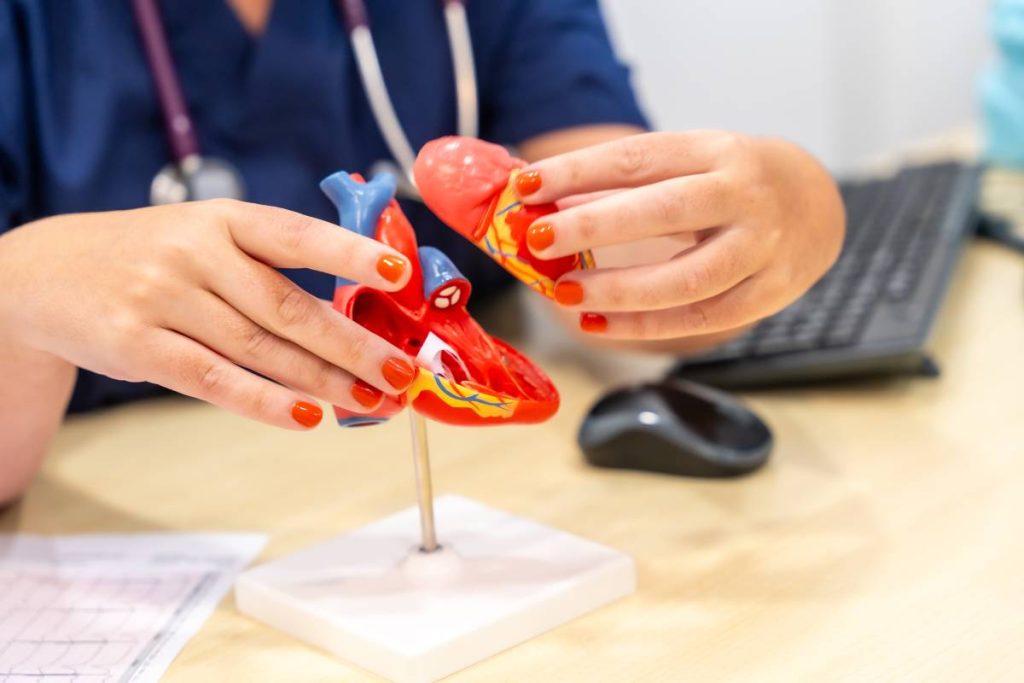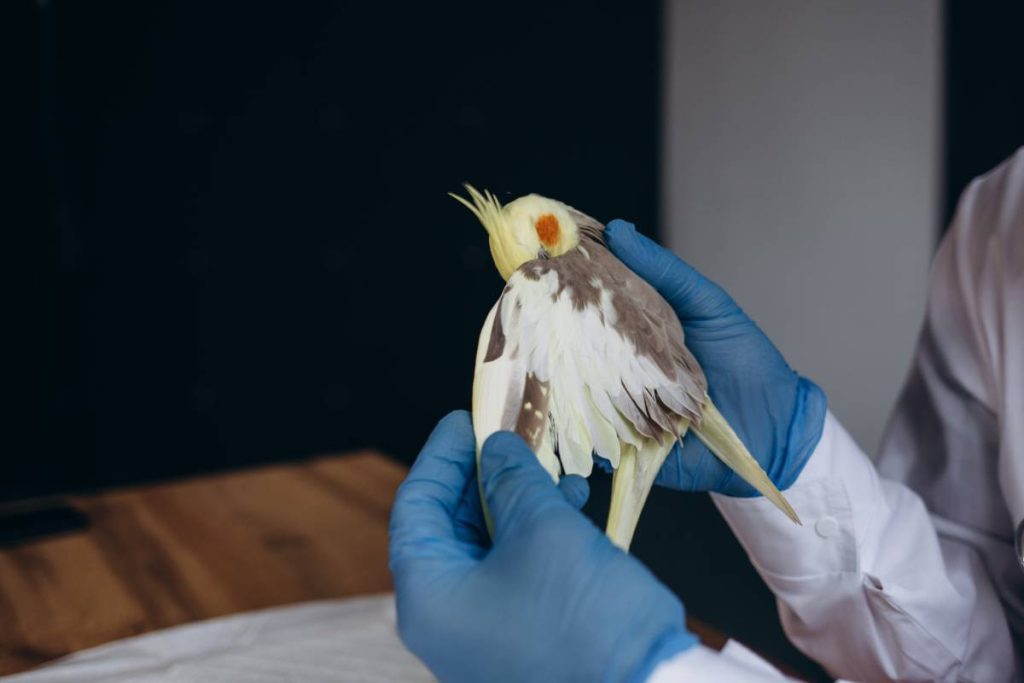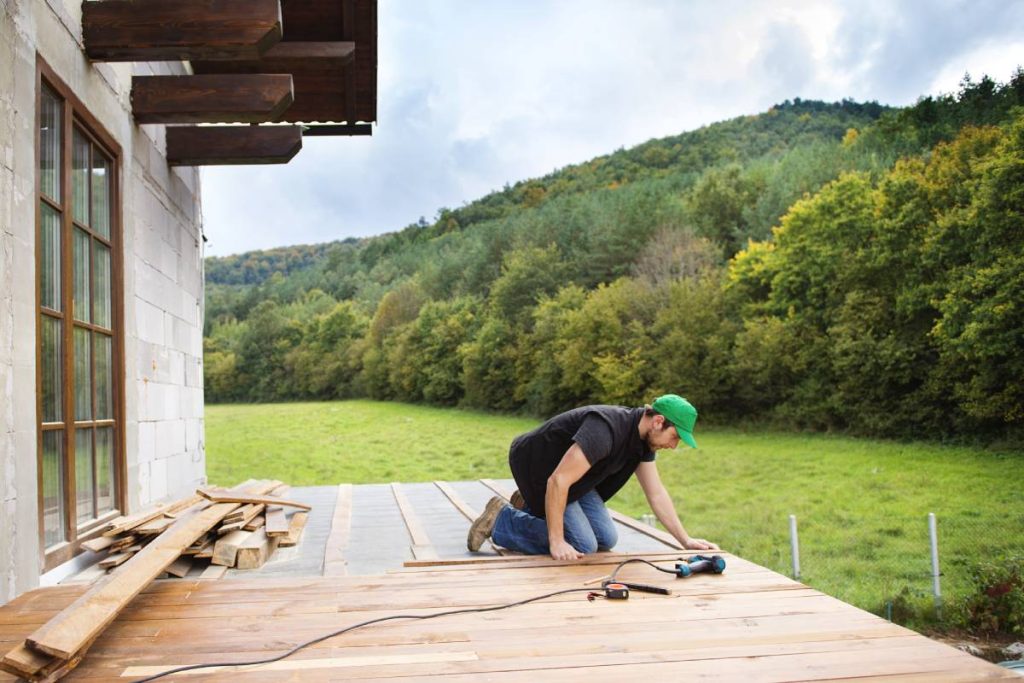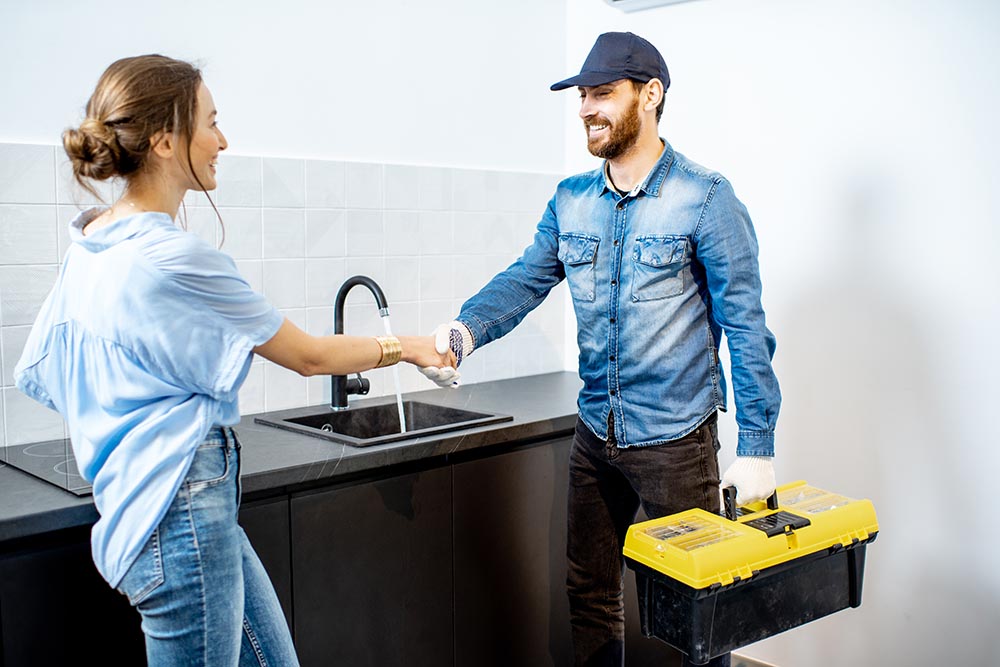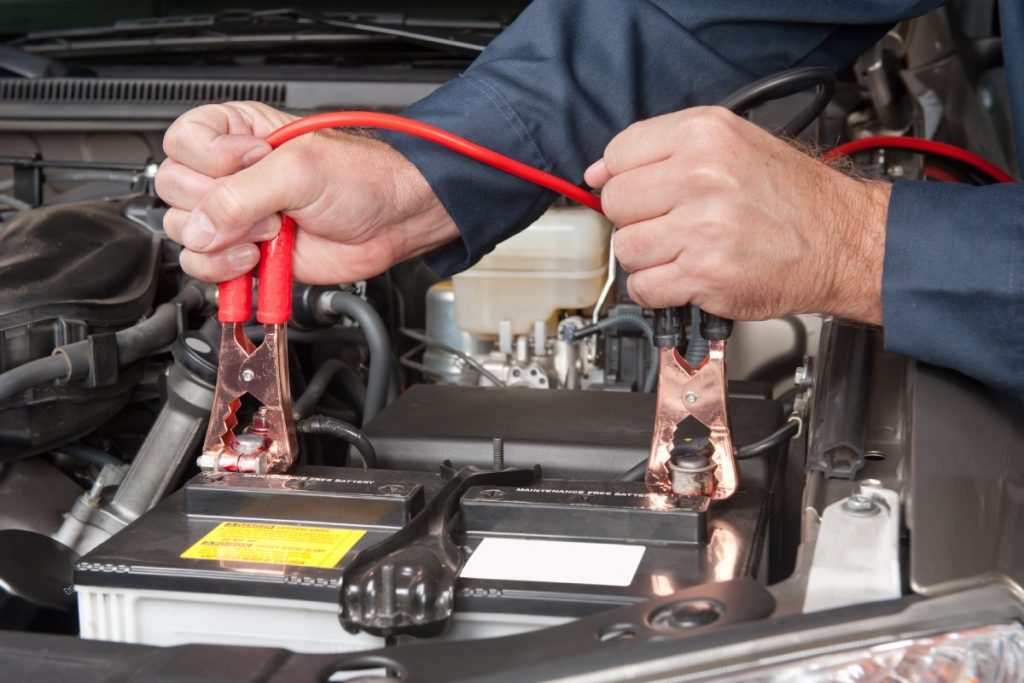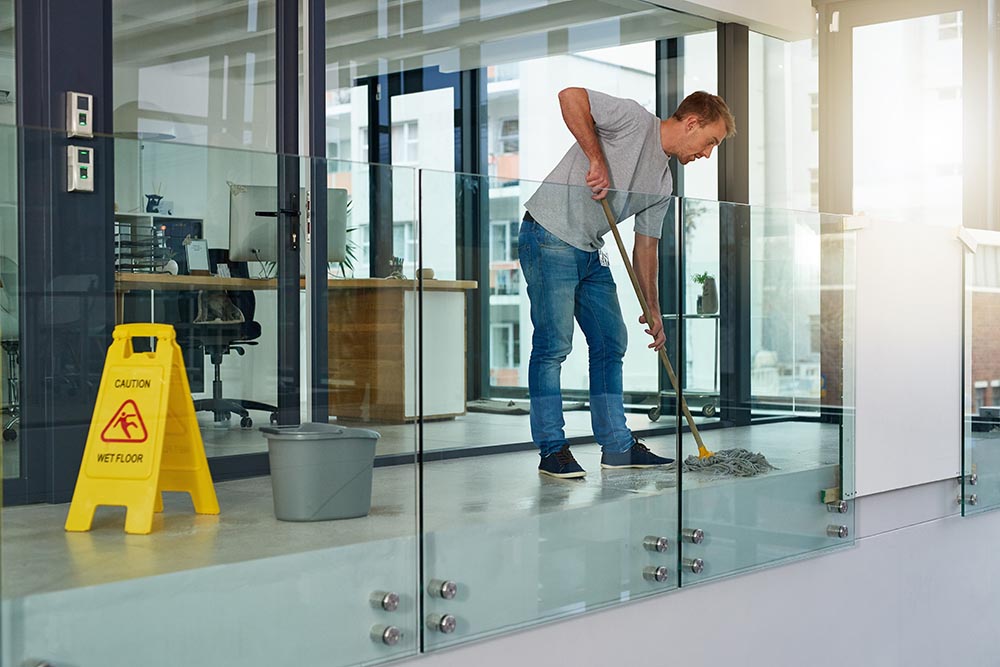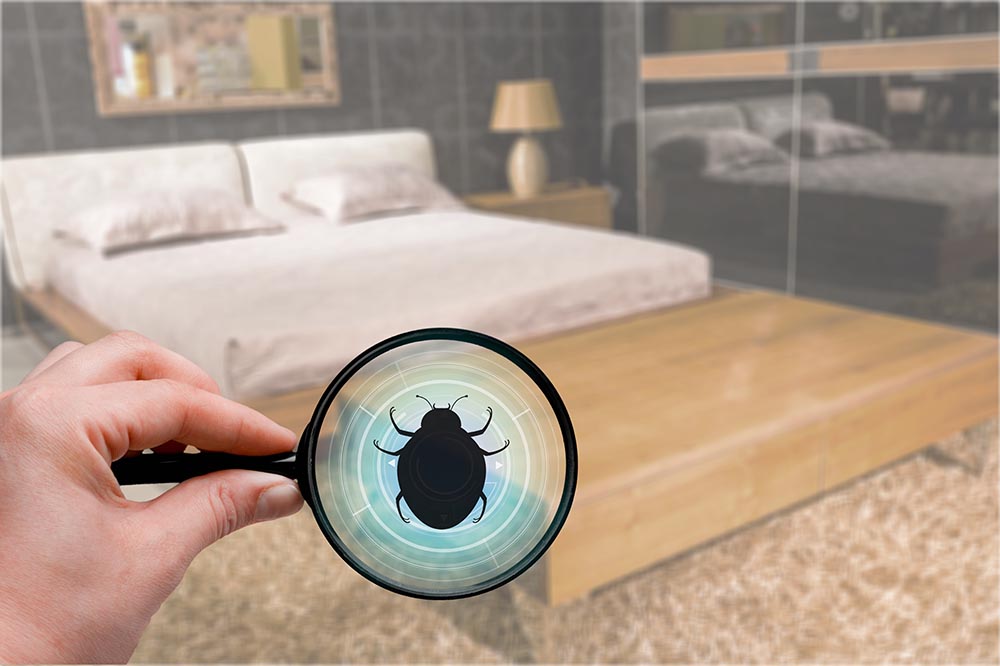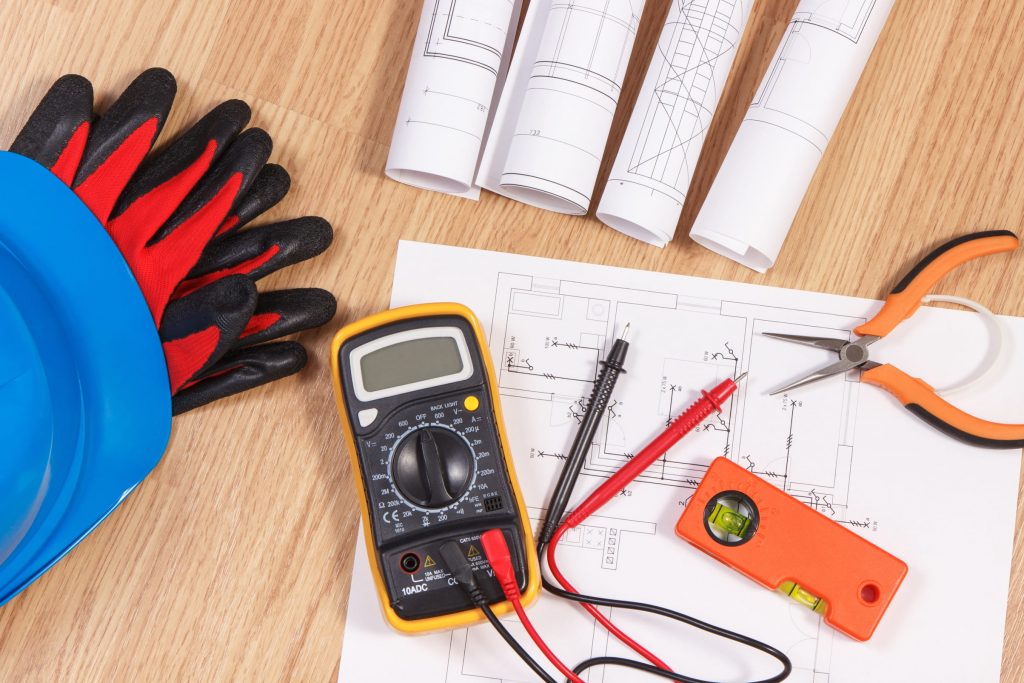Apnea? : Signs Treatment and How to Help
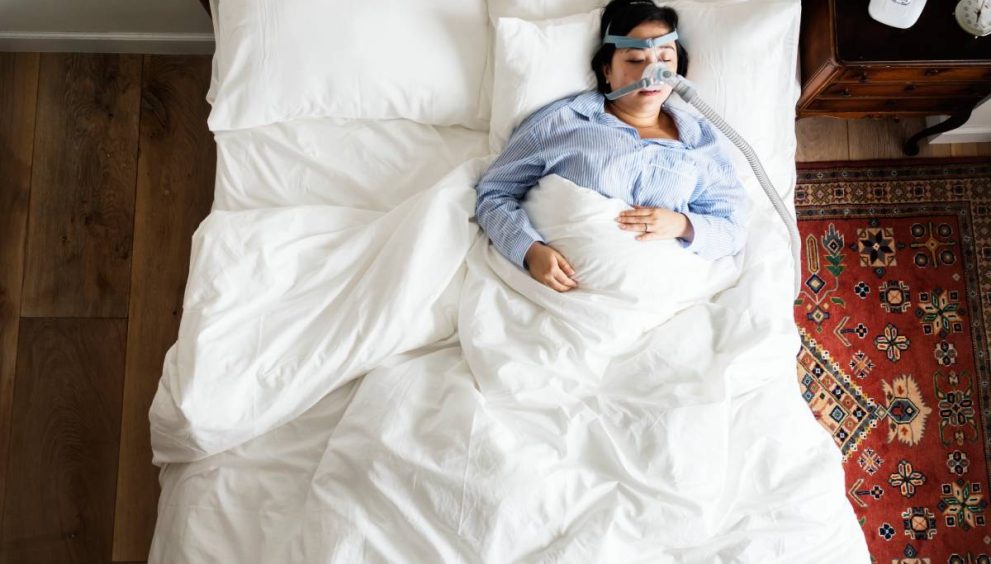
Sleep apnea is a common but serious sleep disorder that can significantly impact a person’s health and quality of life.
If your partner snores loudly, stops breathing during sleep, or experiences excessive daytime fatigue they may be suffering from sleep apnea.
Left untreated, this condition can lead to serious complications such as heart disease, high blood pressure, and mood disturbances.
As a partner, recognizing the warning signs and knowing how to respond can play a crucial role in ensuring their well-being. This article explores how to identify sleep apnea, when to intervene, and ways to support your partner in managing the condition effectively.
Can I Tell If My Partner Has Sleep Apnea?
Identifying sleep apnea in your partner can be challenging since the symptoms primarily occur during sleep. However, there are several signs that can indicate the presence of this condition:
1. Loud and Persistent Snoring
While not everyone who snores has sleep apnea, frequent and excessively loud snoring is a common symptom of the disorder. If your partner’s snoring is disruptive and irregular, it may be a cause for concern.
2. Pauses in Breathing
One of the most telling signs of sleep apnea is when your partner stops breathing for short periods while sleeping. You may notice them gasping for air or choking as their body attempts to resume normal breathing.
3. Restless Sleep
Individuals with sleep apnea often experience disrupted sleep due to their breathing interruptions. If your partner tosses and turns frequently or appears restless at night, it may be a sign of the disorder.
4. Excessive Daytime Fatigue
Since sleep apnea prevents a person from reaching deep, restorative sleep, they may feel constantly tired throughout the day.
If your partner struggles to stay awake, falls asleep during the day, or complains of chronic fatigue, sleep apnea could be the cause.
5. Mood Changes and Irritability
Poor sleep quality can lead to mood swings, irritability, and even symptoms of depression. If your partner is frequently in a bad mood without a clear reason, sleep deprivation from apnea might be affecting them.
6. Morning Headaches and Dry Mouth
Many people with sleep apnea wake up with headaches due to the decreased oxygen levels at night. Additionally, sleeping with an open mouth to compensate for blocked airways can lead to dry mouth upon waking.
If you notice these signs in your partner, it is essential to encourage them to see a doctor or a sleep specialist for further evaluation.
Should You Wake Up Someone With Sleep Apnea?
Many people wonder whether they should wake their partner up when they notice sleep apnea symptoms, such as gasping or choking in their sleep. The answer depends on the severity of the symptoms and how frequently they occur.
1. Occasional Episodes
If your partner experiences occasional pauses in breathing but quickly resumes normal breathing, it may not be necessary to wake them up. However, keeping track of these occurrences and discussing them with a healthcare professional is essential.
2. Frequent and Prolonged Breathing Pauses
If your partner’s breathing stops for more than 10 seconds multiple times per hour and they appear to be struggling, it is a sign of severe sleep apnea. In these cases, gently waking them up and encouraging them to change sleeping positions may help temporarily.
3. Severe Choking or Gasping
If your partner experiences extreme choking, gasping, or signs of distress during sleep, waking them up can help restore their breathing pattern. However, this should not be a long-term solution. Seeking medical advice is crucial.
4. Using a CPAP or Other Treatments
If your partner has been diagnosed with sleep apnea and is using a CPAP (Continuous Positive Airway Pressure) machine or another treatment, waking them up to adjust their mask or machine settings may be necessary if they seem uncomfortable.
When to Seek Emergency Help
While most sleep apnea episodes are not immediately life-threatening, severe cases can increase the risk of heart problems, stroke, and other complications.
If your partner has underlying health conditions and their breathing stops for an extended period, seeking emergency medical help may be necessary.
How Do I Deal With My Partner With Sleep Apnea?
Living with a partner who has sleep apnea can be challenging, but there are steps you can take to support their health and improve both of your sleep quality.
1. Encourage Medical Evaluation and Treatment
If your partner shows signs of sleep apnea, encourage them to visit a doctor or sleep specialist.
A sleep study may be recommended to confirm the diagnosis and determine the best treatment options.
2. Promote Healthy Lifestyle Changes
Several lifestyle changes can help reduce sleep apnea symptoms, including:
- Weight Loss: Excess weight can contribute to airway obstruction, so losing weight may alleviate symptoms.
- Exercise: Regular physical activity can improve overall respiratory function.
- Avoiding Alcohol and Sedatives: These substances relax throat muscles, making breathing issues worse.
- Changing Sleep Positions: Sleeping on the back can worsen apnea, while sleeping on the side may help.
- Using a Humidifier: Dry air can irritate the airways, so adding moisture to the bedroom may be beneficial.
3. Help with CPAP Therapy
If your partner is prescribed a CPAP machine, supporting them in using it consistently is crucial. Some ways to help include:
- Encouraging them to use the CPAP every night.
- Helping them find a comfortable mask fit.
- Addressing any discomfort they experience with the machine.
- Keeping the equipment clean and in good condition.
4. Be Patient and Understanding
Sleep apnea can impact mood, energy levels, and overall well-being. Your partner may experience frustration or fatigue, which can affect your relationship. Being patient and supportive can help them cope with the condition.
5. Improve Your Own Sleep Environment
If your partner’s snoring or CPAP machine noise affects your sleep, consider the following:
- Using earplugs or a white noise machine.
- Sleeping in separate rooms occasionally if necessary.
- Establishing a consistent bedtime routine to improve sleep quality.
- Consider Furniture: Ensuring that your mattress, pillows, and overall bedroom furniture support proper sleeping posture may help your partner with sleep apnea.
6. Stay Informed and Advocate for Their Health
Learning about sleep apnea can help you better understand your partner’s condition and advocate for their well-being. Encourage them to follow up with their doctor regularly and explore treatment options that work best for them.
Conclusion
Recognizing sleep apnea symptoms in your partner is the first step toward helping them manage their condition effectively. While occasional pauses in breathing may not require immediate intervention, frequent and severe episodes warrant medical attention.
Encouraging healthy lifestyle changes, supporting CPAP therapy, and maintaining patience and understanding can make a significant difference in their health and your relationship.
By taking proactive steps, you can help your partner achieve better sleep and overall well-being while also improving your own quality of rest.

 English
English 









